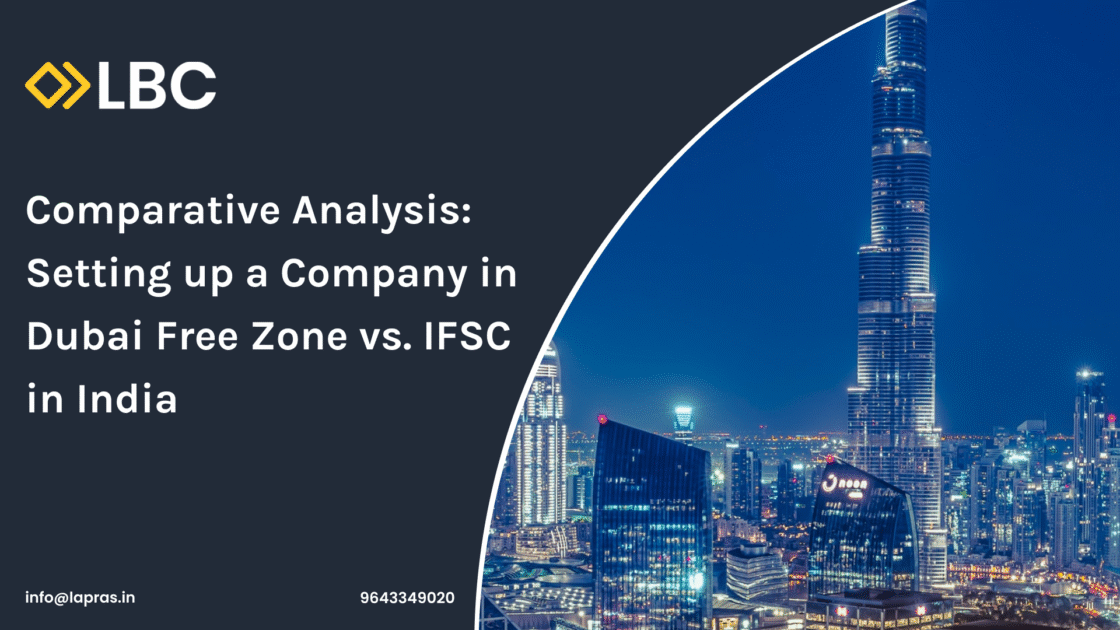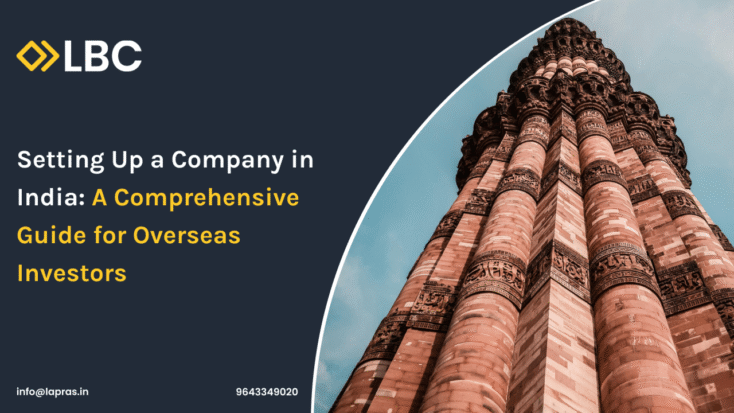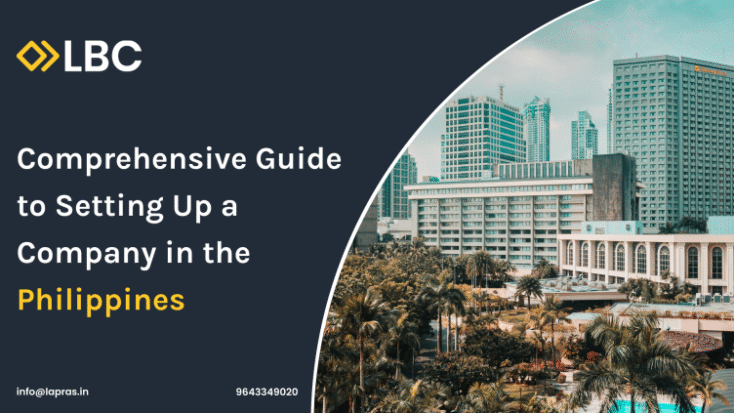Setting up a company in a Dubai Free Zone and an International Financial Services Centre (IFSC) in India offer distinct advantages and cater to different business needs.
Here’s a detailed comparison:
1. Location and Market Access:
– Dubai Free Zone: Located strategically between Europe, Asia, and Africa, Dubai offers access to a vast market spanning continents. Free zones in Dubai provide a gateway to the Middle East and North Africa (MENA) region, with easy access to shipping routes and a diverse consumer base.
– IFSC in India: IFSCs in India, such as the one in Gujarat International Finance Tec-City (GIFT City), provide access to the Indian market as well as global markets. India’s growing economy and large consumer base make it an attractive market for various industries.
2. Regulatory Environment:
– Dubai Free Zone: Free zones in Dubai offer foreign investors 100% ownership of their companies, along with tax exemptions, simplified import-export procedures, and repatriation of capital and profits. Each free zone may have its own regulatory framework.
– IFSC in India: IFSCs in India are governed by a separate regulatory framework aimed at promoting international financial services. They offer tax benefits, including exemptions from capital gains tax, securities transaction tax, and commodities transaction tax.
3. Company Formation Process:
– Dubai Free Zone: Setting up a company in a Dubai Free Zone involves choosing a free zone, selecting a business activity, obtaining a trade license, and leasing office space within the free zone. The process is relatively straightforward and can be completed quickly.
– IFSC in India: Establishing a presence in an IFSC in India requires registering with the appropriate authorities, such as the IFSCA (International Financial Services Centres Authority) in GIFT City. The process involves fulfilling regulatory requirements specific to financial services and may take longer compared to setting up a company in a Dubai Free Zone.
4. Industry Focus:
– Dubai Free Zone: Dubai’s free zones cater to a wide range of industries, including trading, logistics, manufacturing, technology, media, and healthcare. Each free zone may specialize in certain sectors, offering targeted support and infrastructure.
– IFSC in India: IFSCs in India focus primarily on financial services such as banking, insurance, asset management, capital markets, and fintech. These centers aim to facilitate international financial transactions and promote India as a global financial hub.
5. Infrastructure and Facilities:
– Dubai Free Zone: Free zones in Dubai offer modern infrastructure, state-of-the-art facilities, and access to amenities such as business centers, exhibition halls, warehouses, and logistics services. They provide a conducive environment for businesses to thrive.
– IFSC in India: IFSCs in India are developed as integrated business districts with world-class infrastructure, office spaces, residential complexes, and recreational facilities. They aim to provide a conducive ecosystem for financial services firms to operate efficiently.
6. Legal System and Dispute Resolution:
– Dubai Free Zone: Companies in Dubai Free Zones operate under the legal framework of the United Arab Emirates (UAE), which is based on civil law. Free zone authorities often provide dispute resolution mechanisms within the free zones.
– IFSC in India: IFSCs in India operate under a separate legal framework designed to align with international standards. They may offer alternative dispute resolution mechanisms and access to international arbitration for resolving commercial disputes.
7. Cost Considerations:
– Dubai Free Zone: While setting up a company in a Dubai Free Zone offers tax benefits and operational advantages, there are costs associated with company formation, licensing, visa sponsorship, and leasing office space within the free zone.
– IFSC in India: Establishing a presence in an IFSC in India may involve costs related to regulatory compliance, office space rental, licensing fees, and hiring qualified personnel. However, tax incentives and access to a growing market can offset some of these costs.
In conclusion, the choice between setting up a company in a Dubai Free Zone and an IFSC in India depends on factors such as the nature of the business, target markets, regulatory preferences, industry focus, and cost considerations. Both options offer unique advantages for businesses seeking to establish a presence in dynamic and growing economies.


